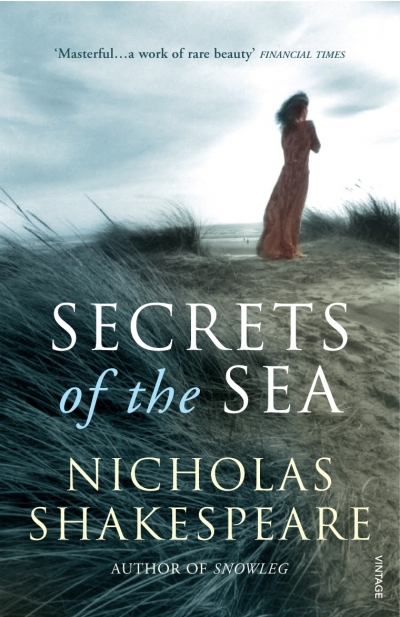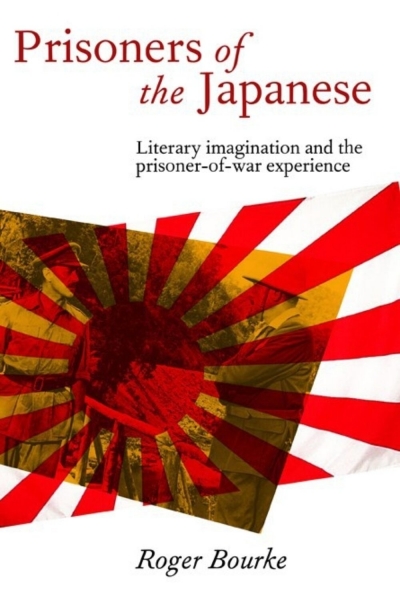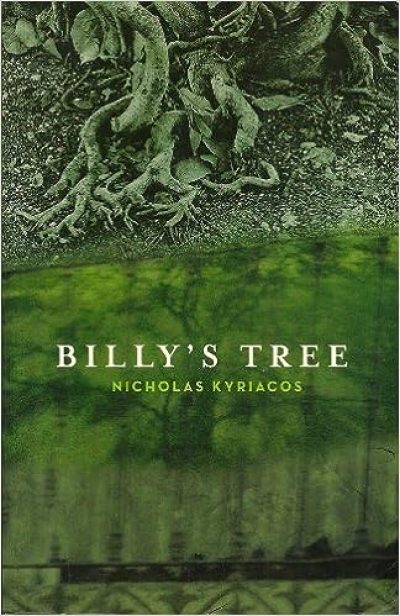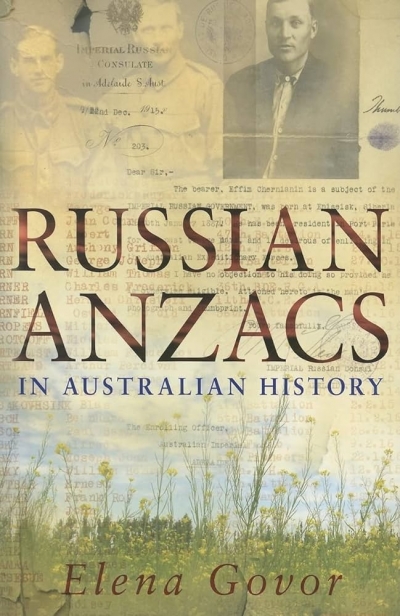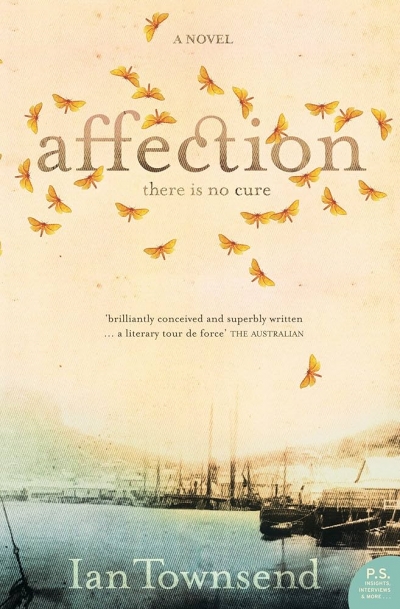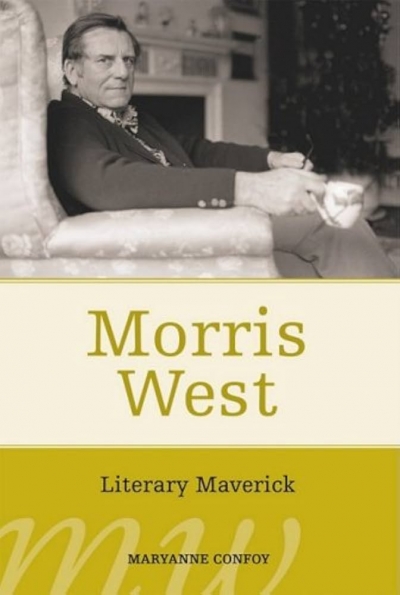Peter Pierce
Prisoners of the Japanese: Literary imagination and the prisoner-of-war experience by Roger Bourke
by Peter Pierce •
Babes In The Bush: The making of an Australian image by Kim Torney
by Peter Pierce •
On the Warpath: An anthology of Australian military travel edited by Robin Gerster and Peter Pierce
by Peter Ryan •

